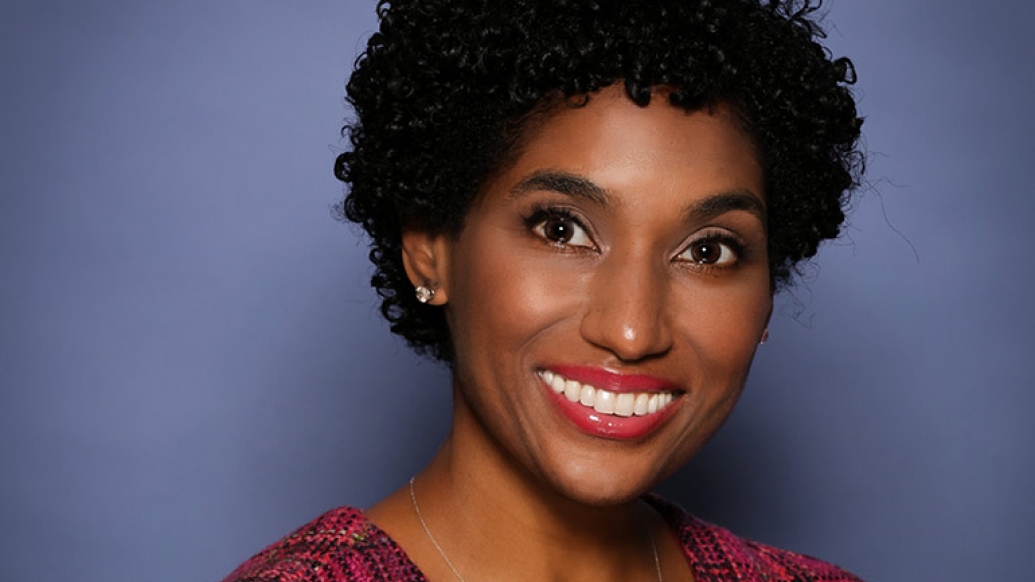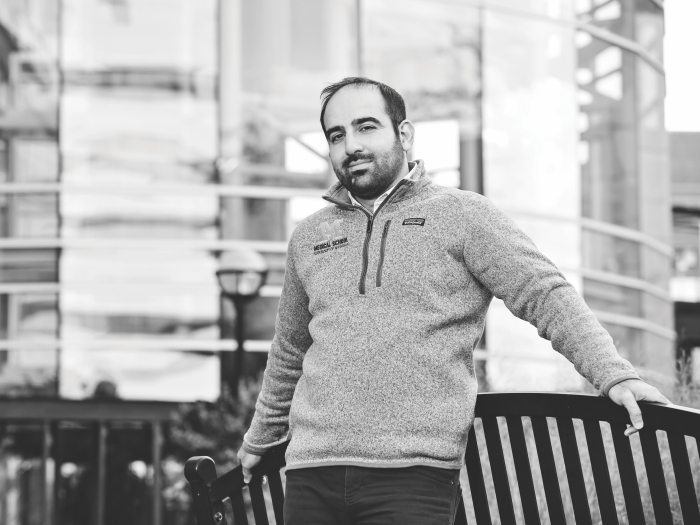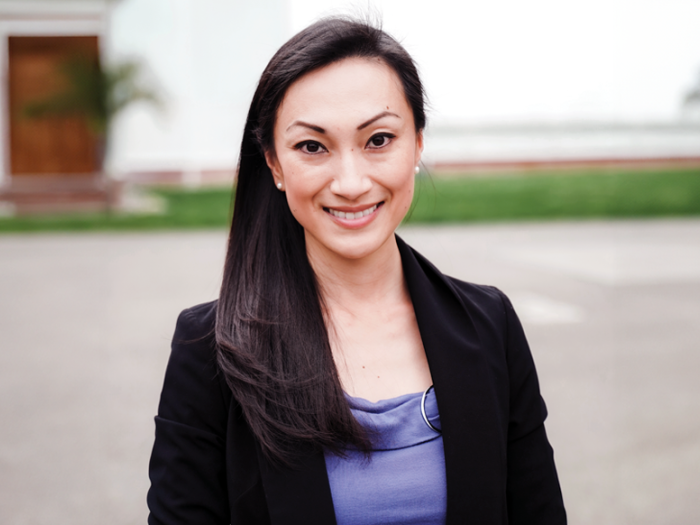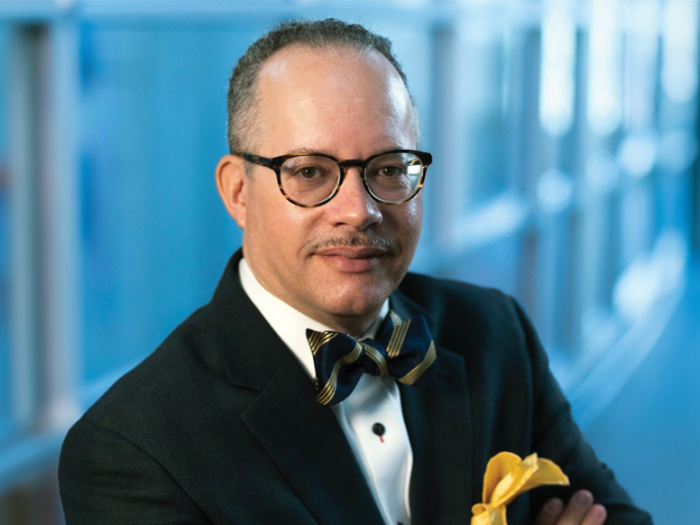How a Black Woman Neurosurgeon Is Making Room for Others
Author |

Being the first is not what motivates Sonia Eden (M.D. 2000, Residency 2007). In fact, she says she's rarely aware of it until someone informs her after the fact.
Still, she has a long list of firsts in her bio, most recently when she became the first Black woman to lead the neurosurgery department at the Detroit Medical Center (DMC). She's just the second Black woman in the U.S. to lead a hospital neurosurgery department. Eden also is the first Black woman to train in neurosurgery and complete a neurosurgery residency at Michigan Medicine, and she was one of the first women of color to complete a mechanical engineering degree at Yale University, where she was also pre-med.
What really keeps Eden going is a strong desire to end health care disparities and increase representation of underrepresented minorities in medicine. As interim chair of neurosurgery at Wayne State Medical School, her goal is to get more students interested in neurosurgery through mentorship, pipeline programs, and other supports.
She has done some research on health care disparities in the past, and she says the ways COVID-19 disproportionately affected Black people in Detroit "shows us we have a lot of work to do." In her role at DMC, she says, "I'm hoping I can do more than just document that these disparities exist, but also do the work and make the impact to help eliminate them."
Eden is part of a demographic of just 33 individuals in the U.S.: African American women neurosurgeons, who make up a little over half a percent of the field. In her new role as chief of neurosurgery at Detroit Medical Center Harper University Hospital, Eden wants to help grow that percentage.
"I hope that I can be an inspiration to little girls and people all over the world, so they know, if they set their mind to something, they can do it," she says. Eden knew she was interested in the brain since she was a little girl, doing pretend operations to fix her mother's migraines. Pig dissection in high school cemented her interest. "My friend Crystal Martin, who's now a pediatrician, told me, 'Sonia, I just remember you asked a million questions about the brain, and you wanted to go into the skull and see the brain,'" Eden recalls.
Eden credits her mother for encouraging her impressive educational pursuits. Eden was reading at age 2, which she believes was due to her mother's work as an educator and devotion to Eden's education. Eden's mother taught in the Detroit public schools and owned a nursery school business. When Detroit public schools wanted Eden to skip a grade, her mother decided to send her to private school instead.
She attended University Liggett School from fourth grade to 12th grade. Eden says Liggett prepared her so well for college that her first year at Yale University simply "seemed like 13th grade." She decided to pursue a degree in mechanical engineering as a back-up plan. "I didn't know if I would be afraid of blood and human suffering," she says. But then she got an opportunity to see a brain tumor resection. "I didn't faint. I didn't get sick. That sealed the deal for neurosurgery."
She found another supportive academic home at Michigan Medicine. "I almost want to say I was spoiled a little bit in my path to neurosurgery," she says. "Michigan was amazing at providing good support systems for me." Now she's interested in providing that same support for others.
In honor of her late mentor, Julian T. Hoff, M.D., the former chair of the neurosurgery department, Eden established a scholarship fund at Michigan Medicine. The Fitzbutler Jones Society, Sonia Eden, M.D., Endowed Scholarship will provide need-based support to medical students. Eden hopes that, when possible, the fund will support Black women medical students from Detroit. "I think it's really important to pay it forward and help other people achieve what I have achieved in life and to make sure people of color become more represented in medicine, in health care, and especially in neurosurgery," Eden says.
Outside of her work at DMC, Eden is a caregiver for her mother. To support herself through the challenges of caregiving and a demanding job, she prioritizes self-care. She's an avid runner who has completed marathons and half marathons. She also loves to travel with her mother and is looking forward to getting back to that once pandemic restrictions ease up. Recently, she has begun collecting works by Black artists and has taken up transcendental meditation. She says both activities help her to de-stress.





